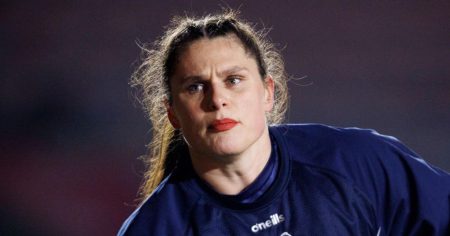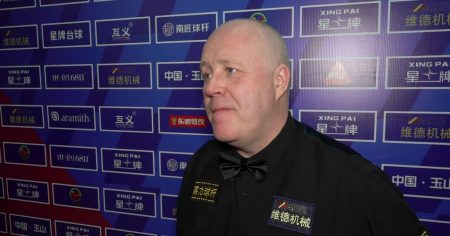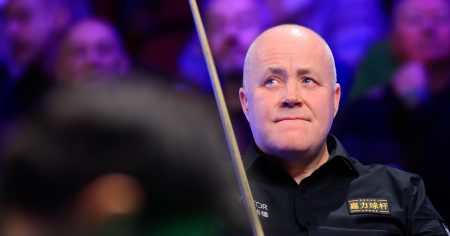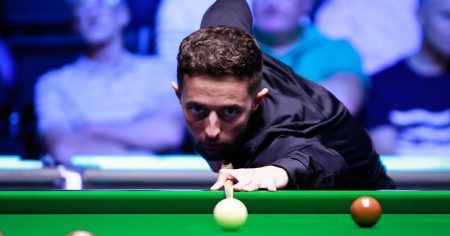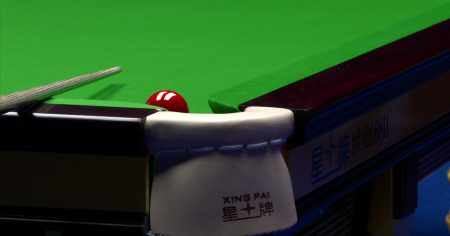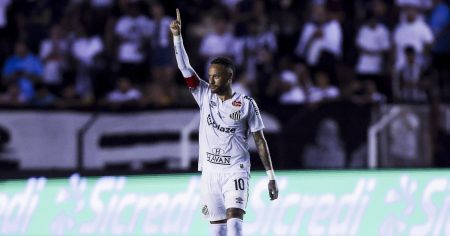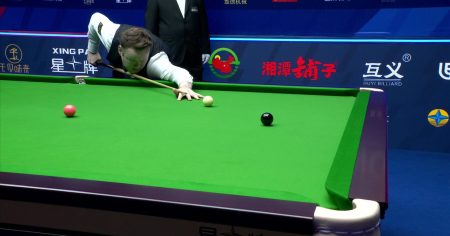Mikel Arteta, the current manager of Arsenal Football Club, offers a glimpse into his personality and influences in a revealing 20-question interview. From his on-field heroics to his off-field passions, Arteta’s responses paint a picture of a dedicated, thoughtful, and intensely competitive individual, shaped by his experiences as a player and now as a manager in the high-pressure world of professional football. His playing career, spanning from Barcelona’s youth academy to Everton, Rangers, and finally Arsenal, has clearly instilled in him a deep appreciation for the beautiful game and a unwavering commitment to excellence.
Arteta’s footballing preferences reveal a purist’s appreciation for skillful and intelligent play. He cites Dennis Bergkamp’s iconic goal against Newcastle as his favourite, highlighting its technical brilliance and audacious improvisation. Similarly, his admiration for Pep Guardiola underscores his respect for tactical innovation and the pursuit of perfection in football management. Beyond football, his admiration for Michael Jordan reveals a broader appreciation for athleticism, mental fortitude, and relentless dedication to one’s craft. These influences, both within and outside football, appear to have shaped his own managerial philosophy, which emphasizes tactical flexibility, player development, and a strong team culture built on shared values and unwavering commitment.
The manager also offers insights into his personal life and preferences. He identifies his family as his primary source of happiness, emphasizing the importance of strong personal relationships and the grounding influence they provide in the face of constant professional pressures. His choice of Al Pacino to portray him in a film suggests a self-awareness of his intensity and passion, while his preference for a quiet life away from the spotlight hints at a desire for balance and normalcy amidst the demanding world of football management. His responses also reveal a thoughtful and introspective nature, evident in his reflections on leadership, the importance of continuous learning, and the need for resilience in the face of adversity.
Delving further into his footballing journey, Arteta identifies joining Arsenal as his proudest professional achievement, highlighting the significance of representing such a storied club. He acknowledges the challenges of managing expectations at a high-profile club like Arsenal, admitting that navigating the intense scrutiny and pressure is a constant learning process. He emphasizes the importance of building a strong connection with the fans, recognizing their passion and the significant role they play in creating the club’s unique atmosphere. His responses also underline the importance of embracing the club’s history and traditions while simultaneously striving to modernize and evolve to remain competitive in the modern game.
Looking ahead, Arteta expresses his ambition to win the Champions League with Arsenal, setting a lofty goal that reflects his unwavering commitment to success. He acknowledges the long and challenging road ahead but emphasizes his belief in his players and the potential they possess to achieve greatness. He also underscores the importance of building a sustainable and successful future for the club, focusing on long-term planning and player development to ensure continued competitiveness. His responses convey a sense of determination and a clear vision for the future of Arsenal, built on a foundation of hard work, tactical innovation, and a unwavering belief in the power of collective effort.
Finally, Arteta’s reflections on life beyond football reveal a grounded and multifaceted individual. He expresses a desire to learn to play the piano, highlighting an intellectual curiosity and a willingness to embrace new challenges. His love for spending time with his family reinforces the importance he places on personal relationships and the balance they provide in his demanding professional life. His responses throughout the interview paint a portrait of a passionate, driven, and thoughtful leader, committed to achieving success both on and off the pitch. His deep understanding of the game, coupled with his focus on player development and a strong team culture, suggests a promising future for Arsenal under his guidance.





